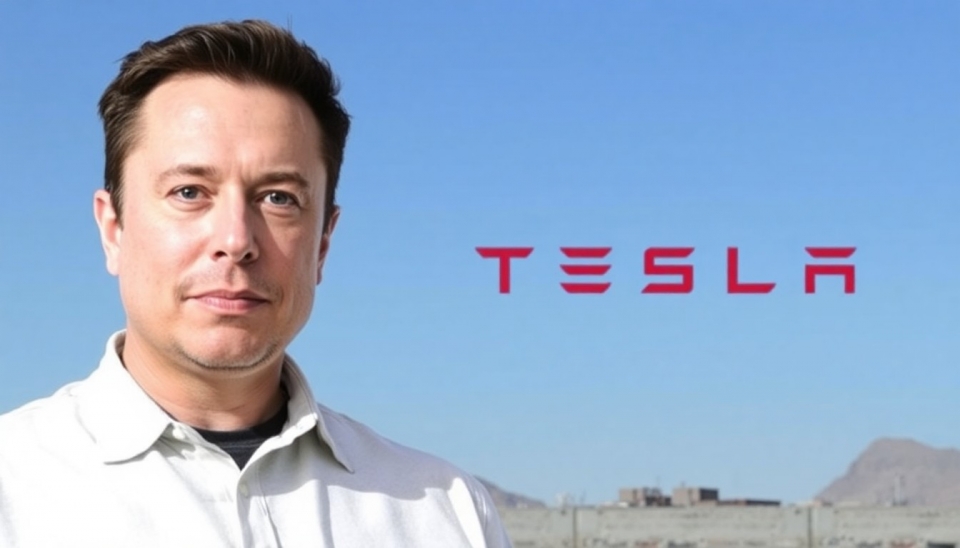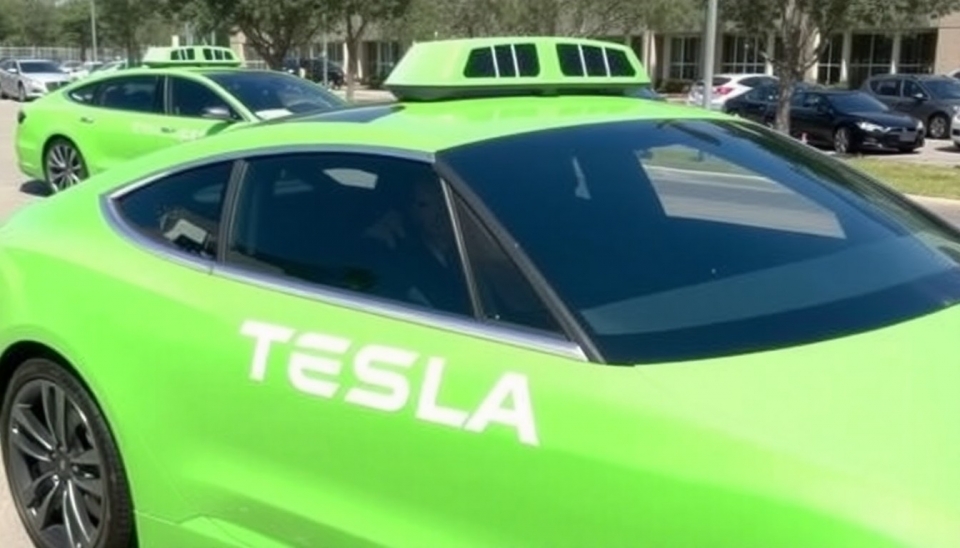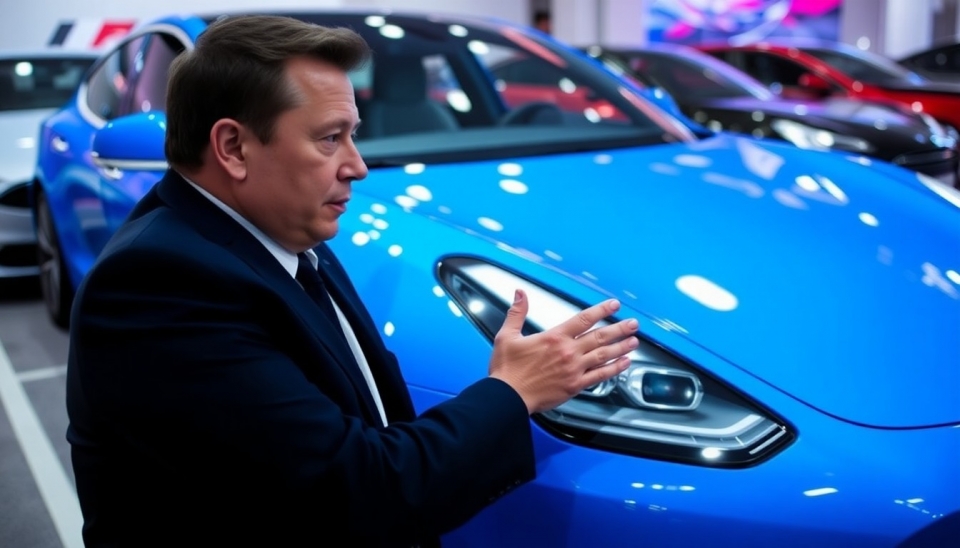
In a revealing report, recent investigations have shed light on the labor practices at Tesla's Gigafactory in Nevada, spotlighting the employment of undocumented workers under the direction of CEO Elon Musk. This situation has raised concerns about labor ethics and the implications of such practices in the high-tech automotive industry, especially as Musk continues to expand both Tesla and SpaceX's operations.
The findings come amidst a backdrop of escalating scrutiny around companies like Tesla, which have been praised for their innovation and sustainability efforts but now face increased pressure regarding their workforce management. Insiders have alleged that a significant number of employees at the Gigafactory are undocumented immigrants, who often endure harsh working conditions with limited rights and protections.
Reports indicate that these workers have been hired through labor contractors, allowing Tesla to distance itself from the legal implications of employing individuals who do not possess valid work permits. Labor advocates argue that such practices not only exploit vulnerable individuals but also undermine the labor market by avoiding proper hiring protocols established to protect workers’ rights.
Further digging reveals that despite the wealth generated by Tesla’s booming sales and Musk's significant personal fortune, the working conditions at the Gigafactory have frequently been described as oppressive. Employees report long hours, high productivity demands, and a workplace culture that discourages open discussions about wages or conditions, leading to fears of retaliation.
As Musk's enterprises push the boundaries of innovation, the ethical responsibilities of employing a diverse workforce, including undocumented individuals, come into sharp focus. Critics advocate for a reassessment of labor policies within the tech industry, emphasizing the need to ensure fair treatment and adhere to legal standards that protect all employees, regardless of their immigration status.
This controversy is poised to influence public perception significantly, as consumers increasingly favor companies that uphold ethical practices and demonstrate social responsibility. With a growing number of organizations advocating for workers' rights, the pressure on Tesla to address these labor issues could result in considerable shifts within the company’s operational strategies.
As this story continues to unfold, stakeholders from various sectors are keeping a close watch on the developments, analyzing the potential repercussions on both Musk's businesses and the broader tech industry's labor practices. The implications of employing undocumented immigrants at prominent companies like Tesla could set precedents that may ripple across the sector, altering how businesses engage with labor forces in the future.
In light of these revelations, the discourse surrounding effective labor practices and immigrant rights is more crucial than ever. It raises essential questions about the intersection of innovation and ethics in today’s fast-evolving economic landscape.
For stakeholders, consumers, and advocates alike, the developments at Tesla are emblematic of a larger struggle—a balancing act between achieving company success and maintaining social responsibility towards workers’ rights.
As Tesla's situation continues to be monitored, the broader implications for labor practices across industries will remain a topic of discussion as we move forward.
#ElonMusk #Tesla #Gigafactory #UndocumentedWorkers #LaborRights #WorkersRights #TechEthics #Innovation #Immigration #CorporateResponsibility
Author: Liam Carter




